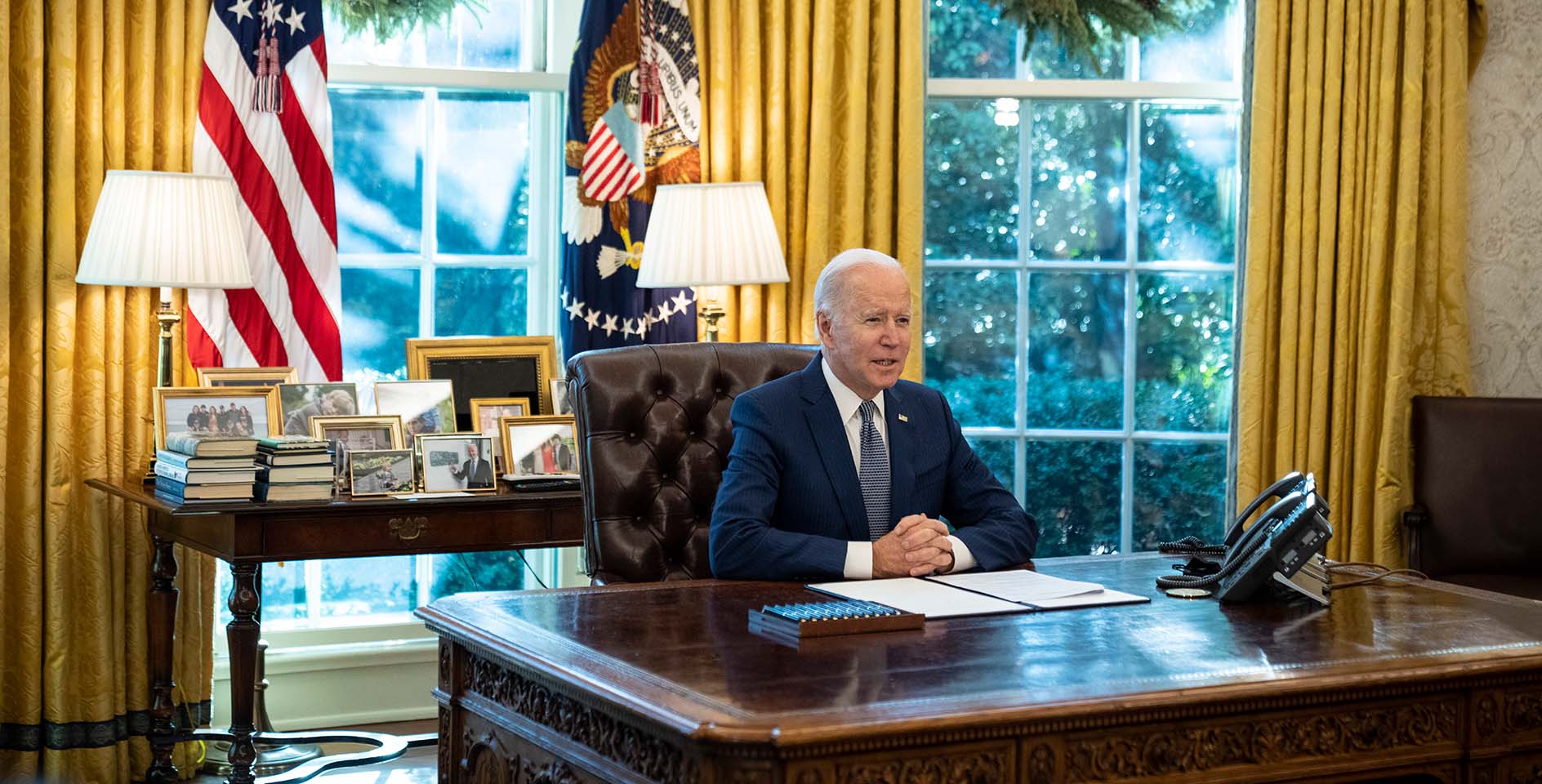A nurse practitioner in Texas has filed a federal lawsuit claiming that CVS Pharmacy violated her religious liberty.
What’s the background?
Since 2015, Robyn Strader has served as a nurse practitioner at a CVS MinuteClinic in Keller, Texas. Because of her religious beliefs (the lawsuit identifies her as a Christian and “longtime member of a Baptist church”), she cannot participate in any way in facilitating use of contraceptive or abortifacient drugs that could prevent the implantation of an embryo, otherwise cause an abortion, or contribute to infertility.
For 6 1/2 years, CVS provided her a religious accommodation that allowed her to not prescribe hormonal contraception. On the few occasions someone requested such a prescription from her, she would simply refer them to another nurse practitioner at her location or to another CVS MinuteClinic located two miles away.
What’s the problem?
However, in August 2021, CVS announced it would no longer honor any religious accommodations related to “pregnancy prevention services.”
CVS’s new policy is to deny all such religious accommodations without considering the particular circumstances of the employee requesting the accommodation, including to determine whether that employee could be accommodated without undue hardship.
The lawsuit says that a manager asked Strader whether she would be changing her position. When she refused, she was issued a written notice saying that her employment had been terminated.
“After accommodating Robyn for six and a half years without a single complaint, CVS fired her because it simply did not like her pro-life religious beliefs,” said Christine Pratt, a lawyer for First Liberty Institute, the nonprofit firm that is representing Strader. “It is illegal to issue a blanket revocation of all religious accommodations when it is so easy for CVS to accommodate its employees. CVS is sending a message that religious health care workers are not welcome and need not apply.”
The lawsuit filed in federal court states that, “In addition to prospectively preempting all requests for religious accommodations, CVS unlawfully derided Ms. Strader’s religious beliefs, pressured her to change her beliefs, refused to consider her multiple requests for a religious accommodation, failed to engage with her about possible accommodations, and terminated her because of her religious beliefs.”
The lawsuit comes after a recent rule change by the Food and Drug Administration (FDA) that permits retail pharmacies to sell the abortion drug mifepristone. Two of the country’s largest pharmacy chains, CVS and Walgreens, announced they would be providing that abortifacient in states where they can do so legally.
How has the ERLC responded?
The ERLC responded quickly to the FDA’s ruling. Brent Leatherwood, president of the ERLC, sent a letter to the chief executive officers of CVS and Walgreens asking them to reverse their decision to carry and dispense mifepristone. He also asked the CEOs “to respect, and reasonably accommodate, the consciences of your pharmacists – Baptists and other people of faith – who are opposed to filling a prescription” for an abortion because of their belief in the “value and dignity of the preborn and their mothers.”
Leatherwood added that a clear policy that “respects deeply held beliefs about the preciousness of life and honors individual consciences that believe abortion is a moral evil” would be welcomed “in a corporate world often solely driven by maximizing profits, with little regard for the personal views of employees.”
Leatherwood also told the pharmacy executives that the ERLC is prepared to provide advice regarding conscience-protection policies.
Why does it matter?
Strader’s case is a prime example of how religious accommodations can be made without placing an undue burden on anyone involved.
Of note, the Supreme Court has agreed to hear a case this term, Groff v. Dejoy, re-examining the standard for employers providing religious accommodations for employees. That case will consider whether an employer may demonstrate “undue hardship on the conduct of the employer’s business” under Title VII merely by showing that the requested accommodation burdens the employee’s coworkers rather than the business itself.
The Groff case could have implications for the type of situation Strader faces.






